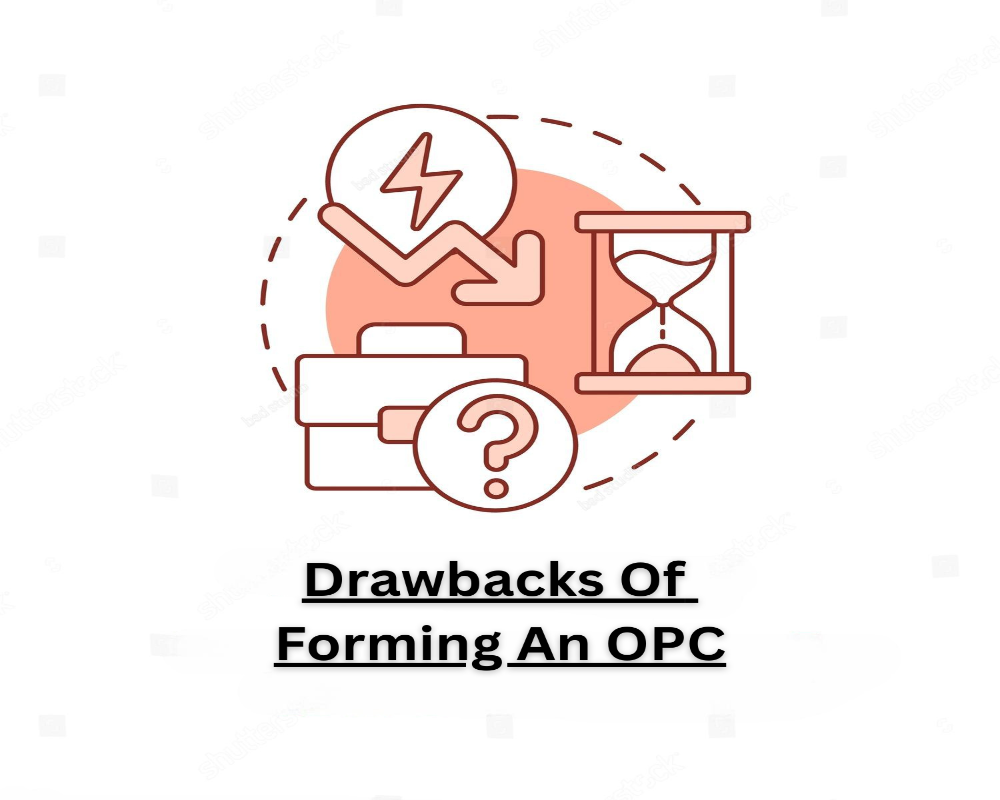Ownership Restrictions
- Only one person is allowed to form and own an OPC, limiting collaborative opportunities.
- A person can incorporate only one OPC and cannot be a nominee in another.
- Foreign citizens, non-resident Indians, and legal entities cannot form an OPC.
- The structure is not suitable for businesses requiring co-founders or joint ownership.
- Succession planning is restricted to a single nominee, with no shared decision-making.
Limited Business Scalability
- OPCs are not allowed to raise equity capital from the public or list on stock exchanges.
- Venture capitalists and institutional investors typically avoid investing in OPCs.
- Growth opportunities may be restricted in capital-intensive sectors.
- OPCs are often seen as small-scale operations, affecting large business contracts.
- Expansion may require conversion to a private or public limited company.
Conversion Requirements
- Mandatory conversion is required if turnover exceeds ₹2 crore or paid-up capital exceeds ₹50 lakh.
- Conversion involves additional documentation, compliance, and ROC approval.
- The process adds to the cost and administrative burden as the business grows.
- Businesses may face compliance issues if thresholds are crossed unknowingly.
- Planning for long-term growth requires early consideration of future conversion.
Compliance Responsibilities
- OPCs must maintain statutory registers, file annual returns, and conduct board meetings.
- The compliance burden is higher than sole proprietorships or partnerships.
- Non-compliance may lead to penalties or loss of legal protection.
- Regulatory oversight under the Companies Act adds reporting obligations.
- It requires professional support, such as company secretaries or legal advisors.
Operational Dependency
- The business relies entirely on a single individual for operations and decisions.
- Absence or incapacity of the owner may affect business continuity until the nominee acts.
- Limited perspective in decision-making due to a lack of board or partners.
- The structure does not accommodate growth in team leadership or ownership roles.
- Delegation and succession are limited in comparison to multi-member entities.


0 Comments